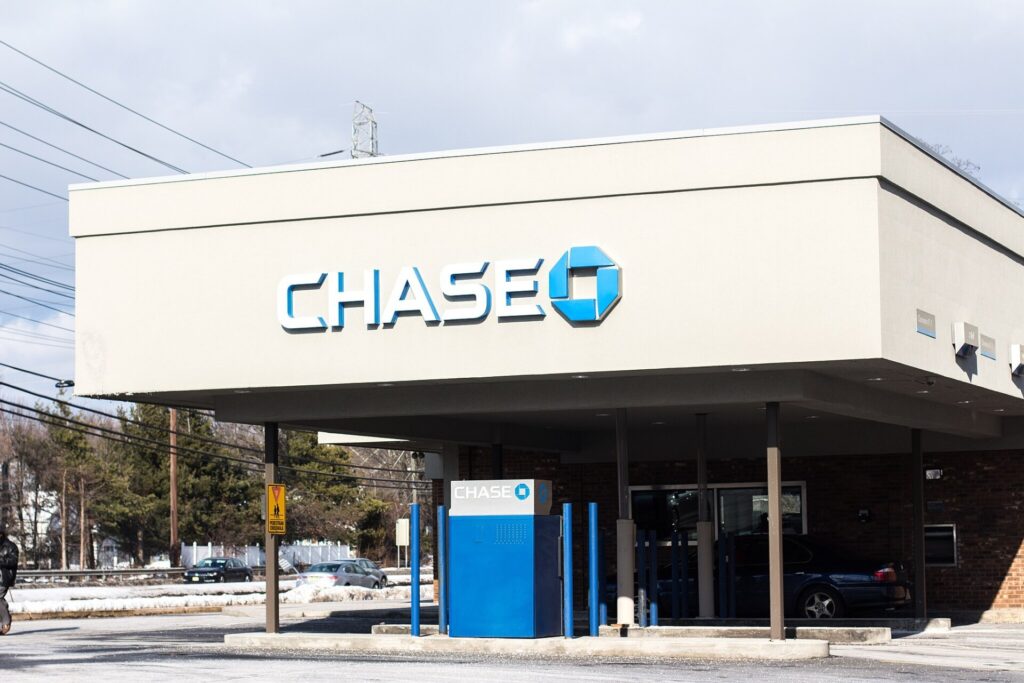The next time you go to pay someone for that sweet vintage record player stand that you found on Facebook Marketplace, you might run into some unexpected friction from Zelle—especially if you’re a Chase customer. As spotted by Bleeping Computer, Chase is updating its user policy to reflect that it will start blocking payments made through Zelle to social media contacts in an effort to cut down on fraudulent transactions.
The policy, which will go into effect on March 23rd, 2025, will mark a level of increased scrutiny from Chase on any transaction that appears to be for an online purchase made through social media—whether that is buying something from an online marketplace or making a trade with a connection from a Reddit community. According to Chase, if the receiving party of a Zelle transfer is “identified as originating from contact through social media,” the bank may choose to decline or block that payment from going through.
It may also ask for some more details regarding the transaction before letting it go through. For example, Chase says it may ask you to explain the “purpose of payment, the method of contact with your recipient or other details we deem appropriate to assess whether your payment has elevated fraud or scam risk, or is an illegal, ineligible or improper payment.”
Per Chase, this new level of scrutiny stems from a flood of fraud related to social media transactions. The banking giant claims that 50% of all fraud claims filed by its Zelle customers originated on social media. It’s not the only place noticing the uptick. NatWest Bank published its own findings regarding fraud and found that social media marketplace scams are the second-fastest-growing scam affecting consumers. It also found that 60% of users between the ages of 18-24 reported either personally experiencing financial loss from an online scam or knowing someone who has fallen victim.
Anyone who pays through Zelle is also likely well aware that there is no “refund” option. As far as the banks that operate Zelle are concerned, these transactions are just a digital version of handing someone cash. Whatever reason you have for doing that is between you and the recipient, and if they don’t hold up their end of the bargain, you’re on your own. This has been a major pain point for consumers and ignores the fact that Zelle often is not used to split a bill among friends but to partake in commerce.
Last year, the Consumer Financial Protection Bureau (CFPB) accused Zelle of failing to protect its users, who lost a collective $870 million to scams since Zelle’s launch in 2017. The CFPB claims Zelle doesn’t sufficiently verify users and doesn’t track down known fraudsters even when it receives reports from users about the scammy activity. So Chase’s policy change could certainly be viewed as a response to those charges. But the CFPB might not be around long if Elon Musk has his way, so we’ll see how long this policy sticks.







